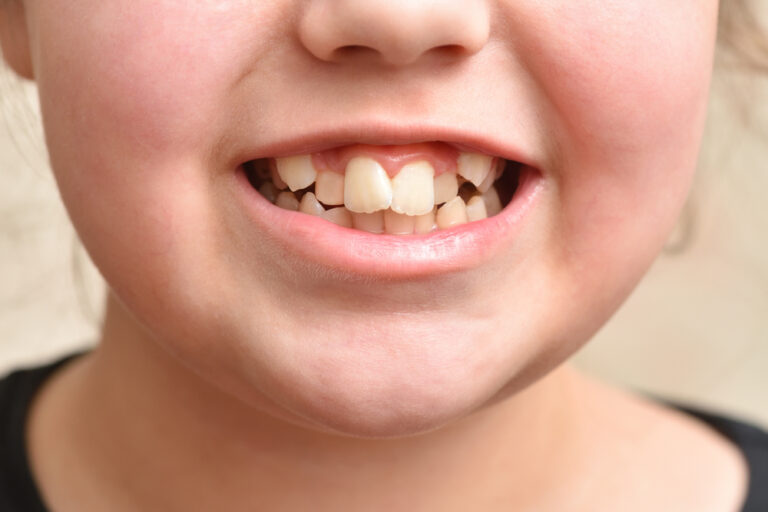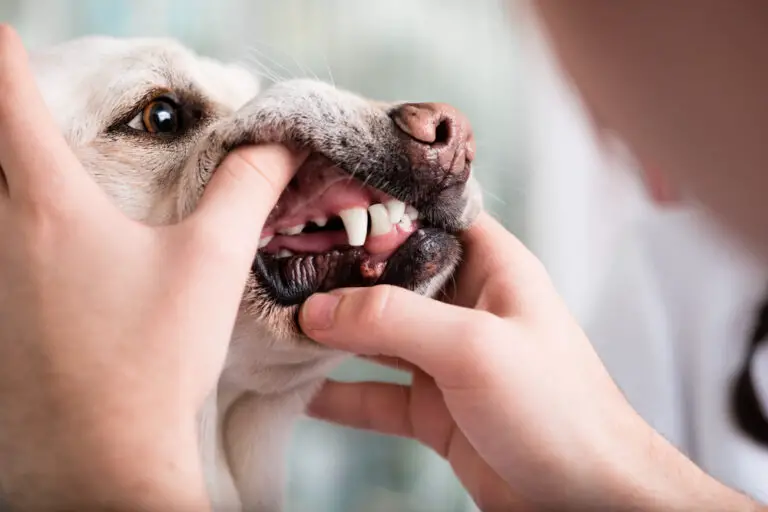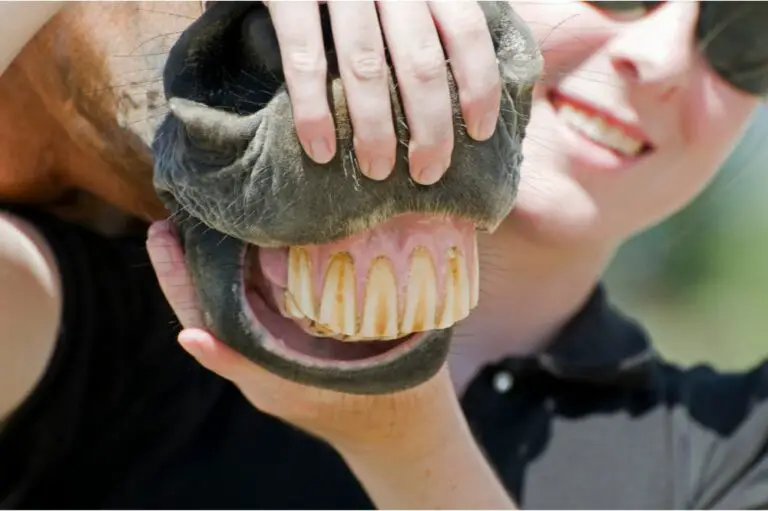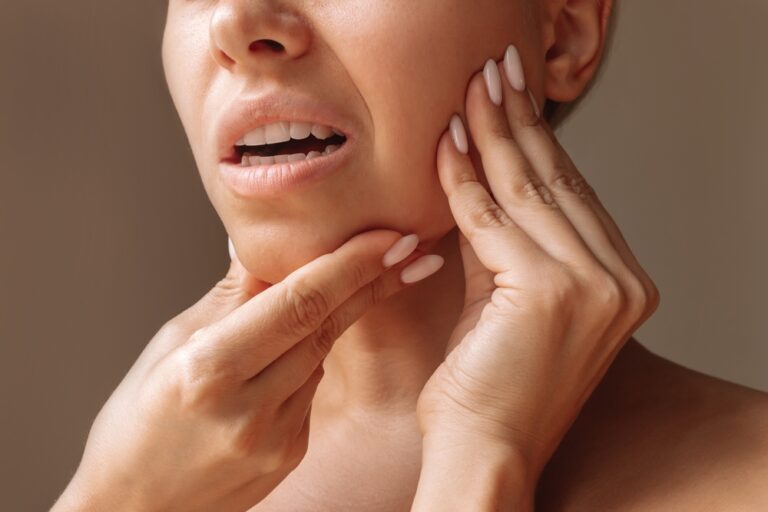Wisdom teeth, also known as third molars, are the last teeth to erupt in the back of your mouth. They typically emerge between the ages of 17 to 25. Wisdom teeth often become impacted or only partially emerge due to lack of space in the jaw. Impacted wisdom teeth can cause pain, infection, and other dental problems. Many people report that wisdom tooth pain seems to get worse at night. There are several reasons why this may occur:
Reasons for wisdom teeth pain worse at night
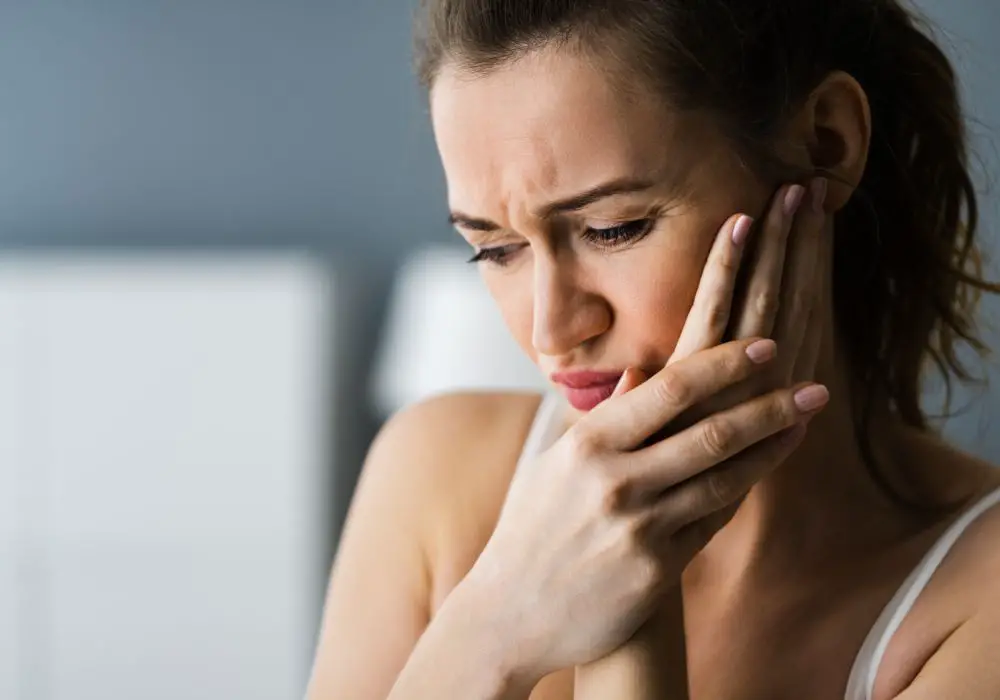
1. Changes in Body Position
One of the main reasons wisdom tooth pain can increase at night is due to changes in body position. When you lay down to sleep, blood rushes to your head and areas above your heart. Additional blood flow to the face and oral cavity can increase pressure and discomfort around impacted wisdom teeth. Sleeping flat on your back allows gravity to pull blood towards your head.
During the day, being upright keeps blood flow distributed more evenly throughout the body. The shift to laying down redirects blood flow in a way that amplifies sensations of pressure and throbbing around impacted teeth. This is why pain that feels moderate during the day can suddenly spike at night when trying to sleep.
To understand this further, it helps to review some anatomy. The maxillary arteries supply blood to the upper teeth, jaw and face. The inferior alveolar arteries supply the mandible and lower teeth. When upright, blood drains from these arteries against gravity. At night, the lack of gravity allows increased blood volume and pressure in the vessels surrounding impacted wisdom teeth. Higher pressure irritates the dental nerves and periodontal ligaments, resulting in worsened pain.
2. Lower Distraction & Increased Focus on Pain at Night
Another factor is lack of distraction at bedtime. During the day, you are active and occupied with various activities. Work, school, chores, socializing, and other engagements keep your mind busy and distracted. This daytime busyness makes it easier not to focus on or notice discomfort from wisdom teeth pain.
At night, you have fewer mental distractions. Lying in bed trying to sleep provides little distraction from physical sensations in your mouth. Without mental distractions, you tend to focus more closely on pain. The lack of distraction amplifies the noticeability of even mild wisdom tooth pain.
Being distracted by activities suppresses the pain pathways in the brain and nervous system. But when trying to sleep, there are no distractions so the neural pain pathways are enhanced. This allows minor mouth pain to keep you awake. The brain also anticipates pain at bedtime which further amplifies its perception.
3. Falling Sleep Causes Meaningful Sounds to Stand Out
Falling asleep causes normal noises like breathing and heartbeat to get louder. As you transition from wakefulness to sleep, your brain pays extra attention to auditory stimuli.
The increased auditory processing as you fall asleep can make dental pain noises like pulsing, throbbing and tooth grinding more perceptible. Things that may not bother you during the day can prevent falling asleep or cause micro-awakenings that disrupt sleep at night.
The auditory hypervigilance is due to changes in brain wave patterns. When transitioning into early non-REM sleep, alpha and theta brain waves become dominant. These patterns make the brain extra sensitive to sounds right before and when falling asleep. Noise from dental pain can sabotage this auditory amplification needed to initially fall asleep.
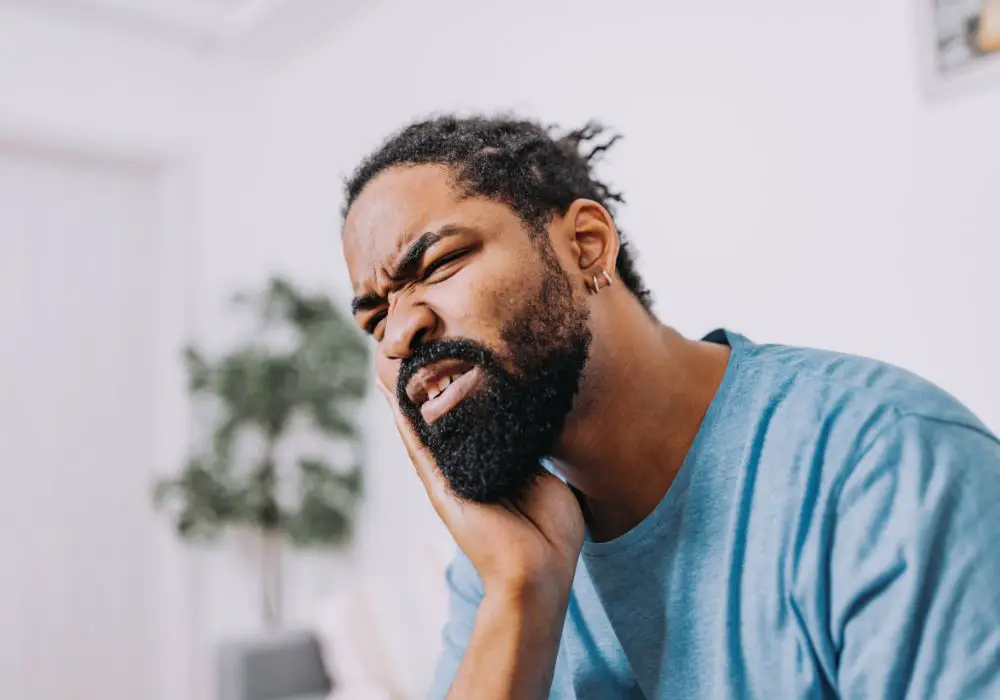
4. Oral Environment Changes During Sleep
The environment in your mouth also changes at night in ways that can aggravate tooth pain. During sleep, less oral fluid is produced so tissues can dry out. Saliva helps regulate the oral microbiome and lubricate tissues.
With less saliva washing over teeth at night, tooth nerves can become more exposed and irritated. Dry mouth provides an environment where bad bacteria can proliferate, potentially worsening dental infections. Streptococcus mutans and other microbes thrive in the drier conditions, eroding tooth enamel and irritating dental pulp. This combination of nerve exposure and irritation along with oral bacteria growth can increase wisdom tooth pain.
Saliva contains compounds like histatins that have analgesic effects to reduce pain. The lack of salivary pain relief at night is another factor in increased discomfort. Using a humidifier at night can help avoid dry mouth worsening dental pain.
5. Nocturnal Teeth Grinding
Many people grind or clench their teeth as they sleep without realizing it. This is called bruxism. Forces put on wisdom teeth during bruxism can drive them deeper into gum and bone tissue. The pressure on impacted wisdom teeth from grinding and clenching can lead to increased pain at night.
Bruxism often occurs during light non-REM sleep phases like stage 2 sleep. The clenching forces can exceed 150 pounds per square inch. This immense pressure on partially erupted wisdom teeth drives them against nerves and tissues, causing significant pain that keeps you from getting deeper sleep.
6. Stress and Anxiety Disrupting Sleep
Stress, worry, and anxiety are common causes of sleep problems. The inability to fall asleep and stay asleep can make pain feel more intense. A lack of restful sleep causes hyperalgesia, which is increased sensitivity to pain.
Tossing and turning in discomfort from wisdom tooth pain can itself be stressful. This stress and disturbance of sleep can worsen the perception of pain. It creates a vicious cycle where pain causes stress, anxiety and inability to sleep well, which in turn amplifies the pain.
Psychological stress increases cortisol and epinephrine hormones which heighten pain pathways. Stress and anxiety also tense muscles which exacerbate myofascial pain tied to wisdom teeth. Relaxation techniques and cognitive behavioral therapy can help reduce stress-related amplification of dental pain.
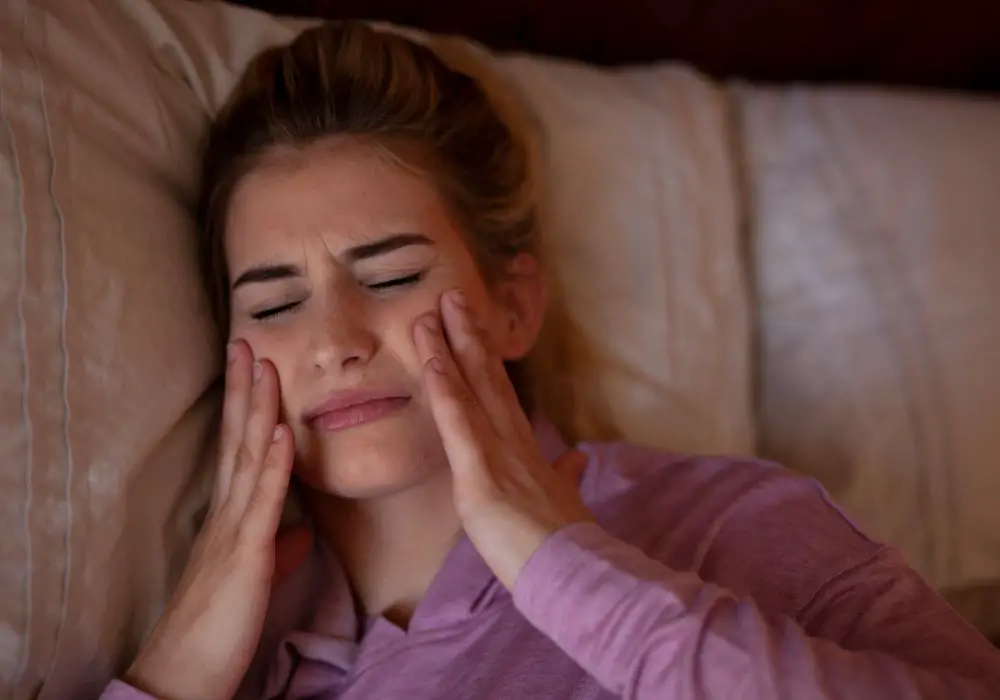
7. Prone Sleeping Increases Pain
Sleeping mostly face down or on your stomach is called prone position. Prone sleeping can put more pressure on impacted wisdom teeth which can increase pain. Avoid sleeping on the side with painful wisdom teeth or on your stomach.
Try sleeping on your back or upright with head elevated to minimize pressure on affected teeth. Use extra pillows or a recliner to maintain good head and shoulder alignment. Improving sleep position and support can make a big difference in wisdom tooth pain at night.
Pressing the side of your face into a pillow places excessive force on erupted and impacted wisdom teeth. The pressure can compress periodontal ligaments and drive teeth into their sockets against nerves. Face down and prone positions also block air flow which can exacerbate sleep disordered breathing.
8. Recumbent Position Worsens Breathing
Lying down can cause issues with airway anatomy and breathing. In some people, airways can become restricted or collapse in recumbent positions. This is especially true for those with sleep apnea or other anatomical issues.
Breathing disturbances decrease oxygen levels and increase carbon dioxide which can worsen pain. Proper sleep position, CPAP therapy or dental devices may help maintain airway patency and oxygen levels to reduce pain.
When lying down, the base of the tongue and soft palate can shift to obstruct breathing. Gravity also allows the tongue to fall back more easily into the pharynx. Using pillows to stay more upright helps prevent airway changes from worsening dental discomfort.
9. Natural Circadian Rhythm and Hormone Cycles
Humans have an innate 24 hour cycle called the circadian rhythm that regulates many physiological processes. Core body temperature, digestion, immunity function, and pain perception follow circadian patterns.
Hormone levels like cortisol also rise and fall on circadian cycles. The natural dip in cortisol at night can increase sensitivity to pain. Lower nighttime serotonin may also play a role in worse dental pain. Circadian factors could make wisdom teeth more prone to pain when trying to sleep.
The suprachiasmatic nucleus (SCN) serves as the brain’s clock to coordinate circadian rhythms. Neural signals from the SCN drive 24 hour fluctuations in body systems. The SCN lowers pain thresholds during usual sleep periods to promote rest through melatonin release. This circadian process likely enhances pain from wisdom teeth at night.
10. Timing of Medication Wearing Off
Another reason wisdom teeth may hurt more at night is related to pain medication timing. Non-steroidal anti-inflammatory drugs like ibuprofen provide 4 to 6 hours of pain relief.
Acetaminophen also lasts about 4 hours. If you take pain relievers in the morning or afternoon, they can start wearing off at night. Timing your dosage right before bed helps ensure pain relief while you try to sleep.
Most oral pain medications peak in 1 to 2 hours but are eliminated over 4 to 6 hours. Taking pills too early means therapeutic levels drop off later at night when trying to sleep. Pain signals that were well controlled earlier in the day can rebound once the medications are cleared from your system.
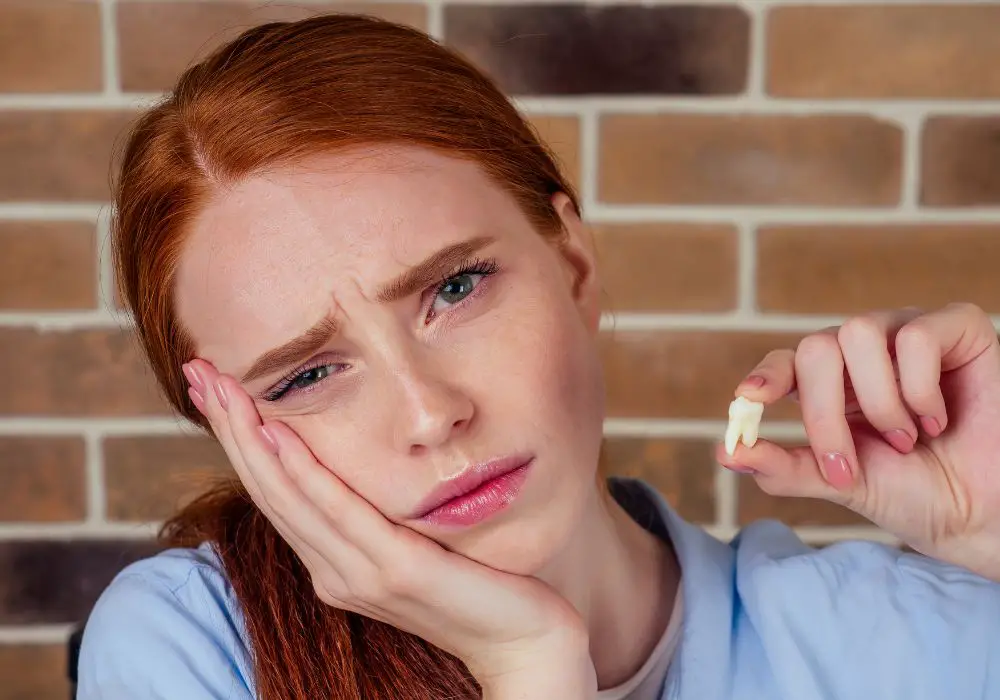
Take the Next Step
If you are experiencing worsening wisdom tooth pain at night that is interfering with sleep, visit your dentist. They can examine your mouth and determine if infected or impacted wisdom teeth need extraction. Ask about options to relieve pain until dental treatment, such as pain medication timing and strength.
Getting wisdom teeth removed or other treatment to address the underlying problem provides lasting relief day and night. Pay attention to any worsening tooth pain at night as it may indicate the need for prompt dental care.
Frequently Asked Questions
Q: What can I take to help me sleep when wisdom teeth are hurting at night?
A: Over-the-counter pain relievers like ibuprofen or acetaminophen can help ease wisdom tooth discomfort at night. Take the medication about 30 minutes before bed based on dosage directions. Using an ice pack on painful areas before bed may also provide numbness to help you sleep.
Q: Why does my wisdom tooth only hurt at night after getting a filling?
A: Thermal sensitivity and pressure on the newly filled tooth from sleeping positions can cause post-filling pain at night. The wisdom tooth nerves may also be extra sensitive after being worked on. Pain after a filling should improve within a few days to weeks.
Q: Can dehydration or congestion make wisdom teeth hurt more at night?
A: Yes, being dehydrated from lack of fluid intake during the day can make tissues dry out and become more painful at night. Congestion and mouth breathing due to a cold or allergies can also irritate wisdom teeth. Be sure to drink plenty of water and take care of any nasal congestion issues.
Q: How can I stop clenching my teeth at night which makes my wisdom teeth hurt?
A: Ask your dentist about getting a night guard to wear to cushion your teeth from clenching and grinding during sleep. Relaxation techniques, stress management, and avoiding alcohol before bed may help reduce bruxism. Gentle jaw stretches in the evening can also help.
Q: What sleep positions are best to avoid pressure on hurting wisdom teeth?
A: Sleeping upright, propped on pillows with your head elevated often improves wisdom tooth pain at night. Avoid sleeping on your stomach or the side with impacted wisdom teeth. Back sleeping also minimizes pressure on wisdom teeth. Positioning adjustments can really help.


